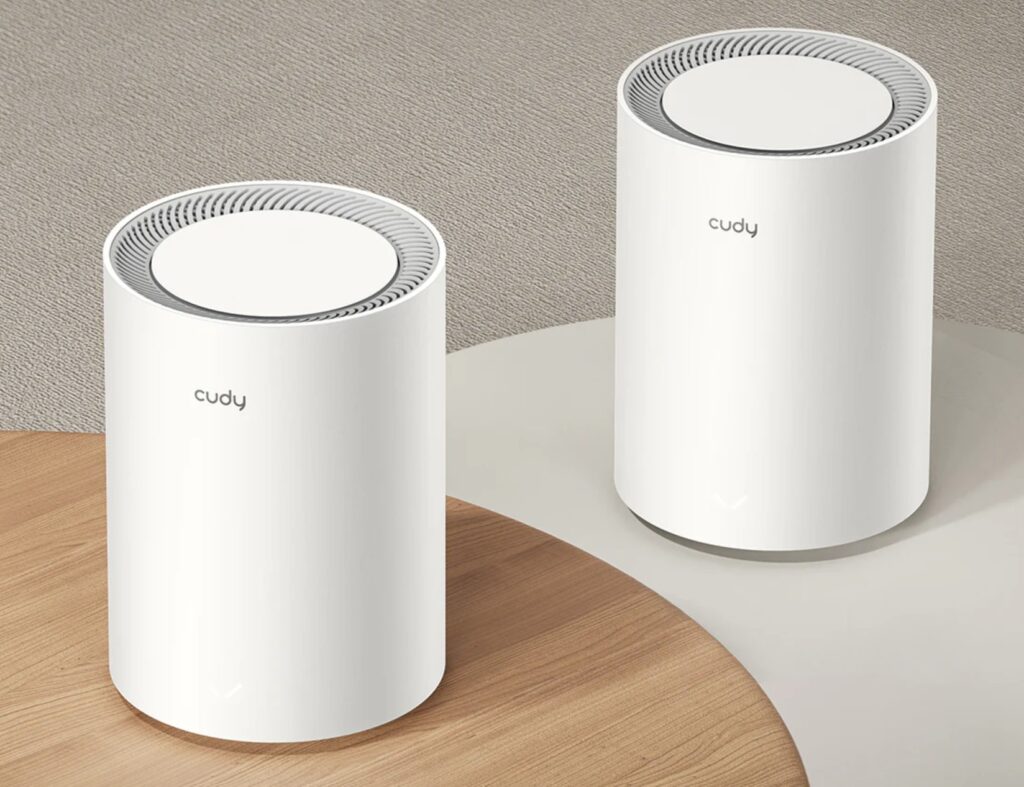
The Cudy M3600 Wi-Fi 7 dual-band BE3600 mesh router emerges as a cost-effective solution for those seeking to leverage the latest Wi-Fi 7 protocols. Despite its economical price, the router operates exclusively on the 2.4 and 5 GHz bands, bypassing the 6 GHz band that some competitors offer. This strategic choice reflects Cudy’s aim to balance performance with affordability.
Before diving into the review, it’s important to note that our evaluation process is thorough and objective. We aim to provide an honest assessment to guide consumers in making informed purchasing decisions.
Understanding the Brand and Its Market Position
Powertec, a well-established company since 1995, has a strong presence in the Australian and Pacific markets. Known for its expertise in connectivity solutions, Powertec serves as the exclusive distributor for Nextivity’s Cel-Fi mobile brand. This partnership underscores Powertec’s credibility in the industry.
On the other hand, Shenzhen Cudy Technology, founded in 2018, has quickly expanded its reach, selling products in over 80 countries. The company’s manufacturing prowess is evident in its modern facilities, capable of producing over 700,000 units monthly. Notably, Cudy has maintained a commendable security record with minimal Common Vulnerabilities and Exposures (CVEs) reported for its products.
Product Specifications and Initial Impressions
The Cudy M3600 Wi-Fi 7 router, distributed by Powertec, is available in two configurations: a 2-pack priced at $349.90 and a 3-pack at $449.90. It features a Broadcom BMC6764 chipset, operates on the OpenWRT OS, and includes 128 MB RAM and 512 MB storage. The device supports dual-band Wi-Fi with a maximum bandwidth of 2,882 Mbps on the 5 GHz channel.
Upon unboxing, the router’s packaging is informative, providing potential buyers with confidence in their purchase. The design is utilitarian, with each unit resembling a cylindrical shape suitable for desktop placement. However, the lack of mounting options may limit installation flexibility.
Setup and Performance Evaluation
Setting up the Cudy M3600 is straightforward for those familiar with networking. While the Cudy app is available for download, the setup process requires accessing the router’s IP address via a web browser. This may pose a challenge for less tech-savvy users who expect a seamless app-driven setup.
Performance-wise, the router’s Wi-Fi backhaul capabilities are adequate but not exceptional. The use of a significant portion of the 5 GHz bandwidth for backhaul limits the potential speeds for connected devices. However, employing a Gigabit Ethernet cable for backhaul maximizes the router’s bandwidth, making it suitable for small home environments.
Maximum NBN Internet speed: 1000 Mbps
Wi-Fi backhaul: 1000 Mbps
LAN speed: Maximum 1000 Mbps
Security and Privacy Considerations
Security is a crucial aspect of any networking device. The Cudy M3600 lacks built-in security features, which might be a concern for some users. Additionally, the privacy policy does not specify the location of Cudy’s cloud services, raising questions about data jurisdiction. While concerns about potential Chinese government influence persist, there is no concrete evidence to support these claims against Cudy.
Market Competition and Future Prospects
The Cudy M3600 faces stiff competition from established brands like TP-Link, D-Link, and ASUS, all of which offer more advanced features at competitive prices. For instance, the TP-Link Deco BE25 provides additional bandwidth and a more comprehensive app experience for a similar price point.
Looking ahead, Cudy plans to expand its product line with higher-end models such as the BE56500, BE11000, and BE21000. These upcoming releases could position Cudy as a significant player in the mesh router market, provided they maintain competitive pricing and feature sets.
In conclusion, the Cudy M3600 Wi-Fi 7 mesh router is a viable option for budget-conscious consumers seeking basic Wi-Fi 7 capabilities. While it lacks some of the bells and whistles of its competitors, its performance is satisfactory for typical home use, especially when utilizing Ethernet backhaul. As Cudy continues to innovate and expand its offerings, it may well carve out a niche in the competitive networking landscape.





